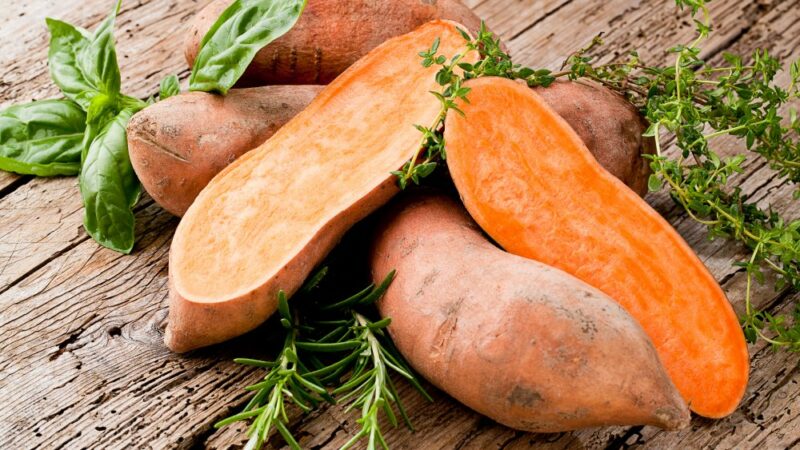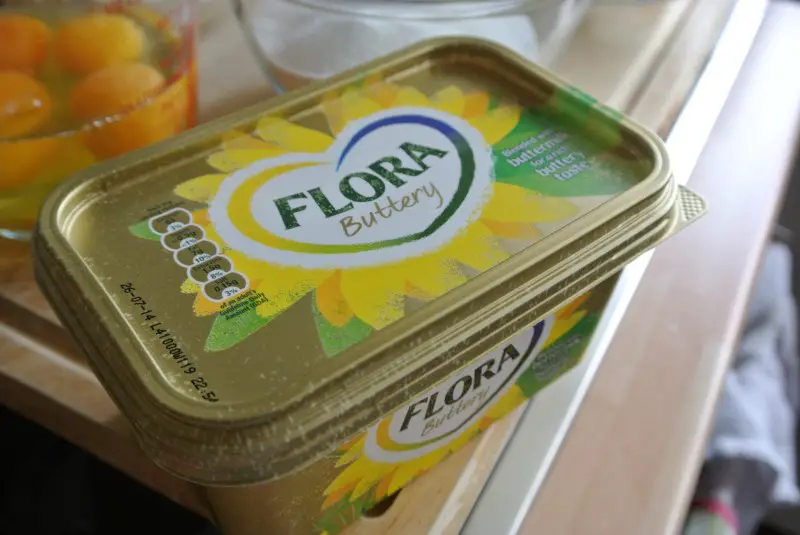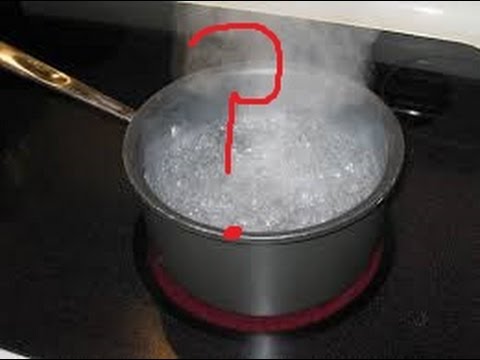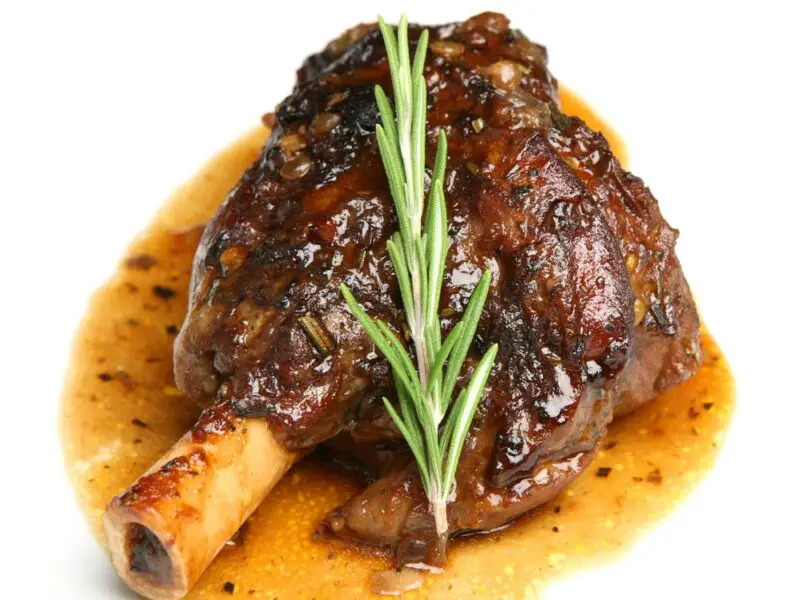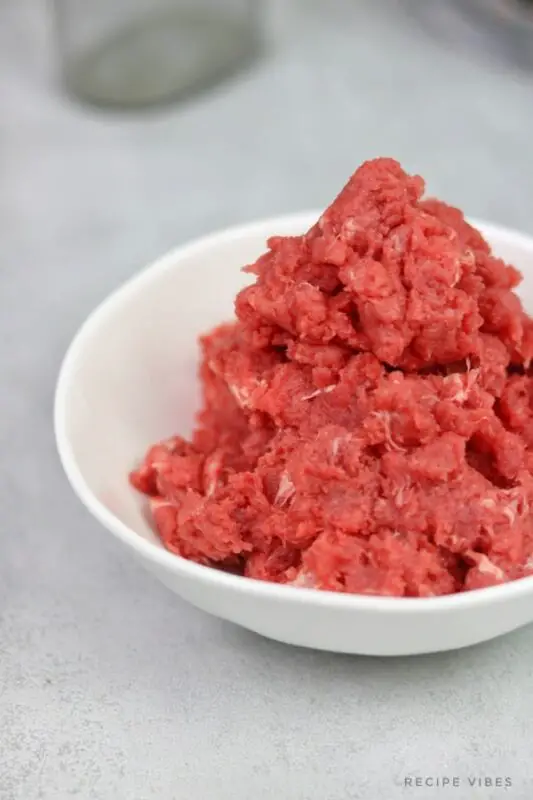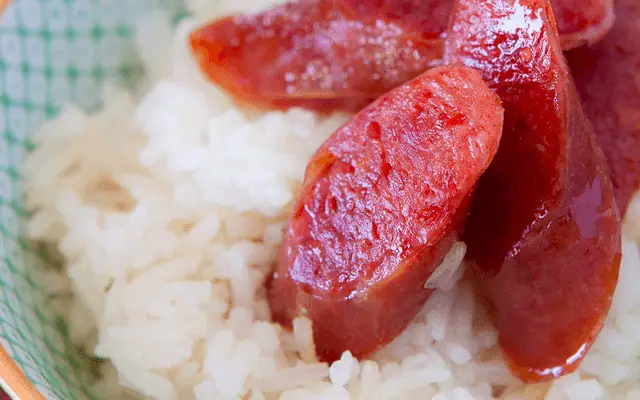Sweet potatoes are a delicious and nutritious addition to any meal. However, it can be frustrating to find that your sweet potato turns out tough after cooking it. This can happen for a number of reasons, but with the right knowledge and techniques, you can prevent it from happening again. In this article, we’ll explore the science behind sweet potatoes, the reasons why they can turn tough after cooking, and provide tips for preparing perfect sweet potatoes every time.
## The Science Behind Sweet Potatoes
Sweet potatoes are root vegetables that come in various colors – including orange, purple, and white. The two primary types of sweet potatoes are the firm sweet potato and the soft sweet potato. The former is a bit drier and more robust in flavor, while the latter is sweeter and often used in pies or mashed dishes.
In terms of nutrition, sweet potatoes are high in vitamins A and C, fiber, and potassium. They are also rich in complex carbohydrates and are an excellent source of energy. There are several ways you can cook sweet potatoes – including boiling, roasting, grilling or baking.
## Understanding Why Sweet Potatoes Turns Tough After Cooking
There are several reasons why sweet potatoes can become tough after cooking:
### 1. Overcooking Sweet Potatoes
One common reason is overcooking them. When they are overcooked, their natural sugars caramelize too much leading to a tough texture instead of being soft and fluffy as intended. To avoid this happening again, try cooking your sweet potatoes gently at around 375°F until they’re tender. You can check if your sweet potato is done by inserting a fork or knife into it; if it slides through easily without resistance then it’s ready.
### 2. Undercooking Sweet Potatoes
When you undercook sweet potatoes they might still harden in places but be cooked otherwise leading to uneven results.. Instead of baking at high temperatures that steam and partially cook the sweet potatoes, try cooking them low and slow instead. This will help ensure they’re cooked through evenly without over-browning.
### 3. Picking Incorrect Potatoes
Different types of sweet potatoes have different textures and flavor and can lead to bad outcomes if not picked properly. Generally, firm sweet potatoes are better suited for recipes like roasted or fried potatoes, while soft sweet potatoes work best in baked goods or mashed dishes.
### 4. Storing Sweet Potatoes and Storage Times
Poor storage can also lead to tough sweet potatoes. To keep your sweet potatoes fresh, store them in a cool, dark place. Don’t store them with other fruits and vegetables as this can cause ripening and spoilage to occur much quicker.
## Tips for Cooking Perfect Sweet Potatoes
1. Know Exactly What You Want:
When selecting which type of sweet potato you want to cook with, consider what texture and flavor profile you are going for, in this way you could pick up the right sweet potato!
2. Choose the Right Cooking Method:
Different methods can result in different outcomes when cooking sweet potatoes. Baking at a lower temperature can result in softer and fluffy results while boiling brings out a firmer texture.
3. Monitor Temperature Closely:
Cooking time varies depending on texture preferences of persons eating it but usually it takes between 30 minutes to an hour to get fully baked outcomes.
4. Get Some Gadgets:
Certain kitchen tools can help produce better outcomes such as oven thermometers for good temperature control levels, or peeler/slicer that achieves better cuts every time.
5. Cut Them Differently:
Instead of cutting your sweet potatoes into large chunks or wedges, try slicing them thinly first as it helps to promote even cooking as well as softens the starch concentration so that they won’t be tough after cooking.
## How to Tell When Your Sweet Potatoes are Ready
To tell when your sweet potatoes are ready to eat, check for fork-tenderness. If a fork easily slides through the thickest part of the potato, it is likely cooked and ready to enjoy. Be sure to test multiple parts of the potato, as some areas may cook more quickly or slowly than others.
## Conclusion
Sweet potatoes are a nutritious and delicious addition to any meal. However, they can become tough after cooking. By understanding the science behind sweet potatoes and following our tips for cooking perfect sweet potatoes, you can ensure that they turn out just right every time. Remember to choose your sweet potatoes carefully, store them properly, and cook them gently to achieve the best results possible.
Frequently Asked Questions
Why do my sweet potatoes become tough after cooking?
Sweet potatoes can become tough if they are overcooked or undercooked. Overcooking can cause the potato to become mushy and undercooking can leave it tough and chewy.
How can I ensure that my sweet potatoes aren’t overcooked?
To avoid overcooking your sweet potatoes, it’s important to keep an eye on the cooking time and temperature. You can also test the potato for doneness by inserting a fork or knife into it. If it goes in smoothly, it’s cooked properly.
What should I do if my sweet potatoes are already overcooked?
If your sweet potatoes are already overcooked, remove them from the heat immediately and let them cool. Trying to cook them further will only make them more mushy. You can also consider using them in mashed potato dishes or soups where texture isn’t as important.
Are there any other reasons why my sweet potatoes might be too tough?
Aside from overcooking and undercooking, other factors that could contribute to tough sweet potatoes include improper storage or using old potatoes. Make sure your potatoes are stored in a cool, dry place and check their freshness before cooking them.
